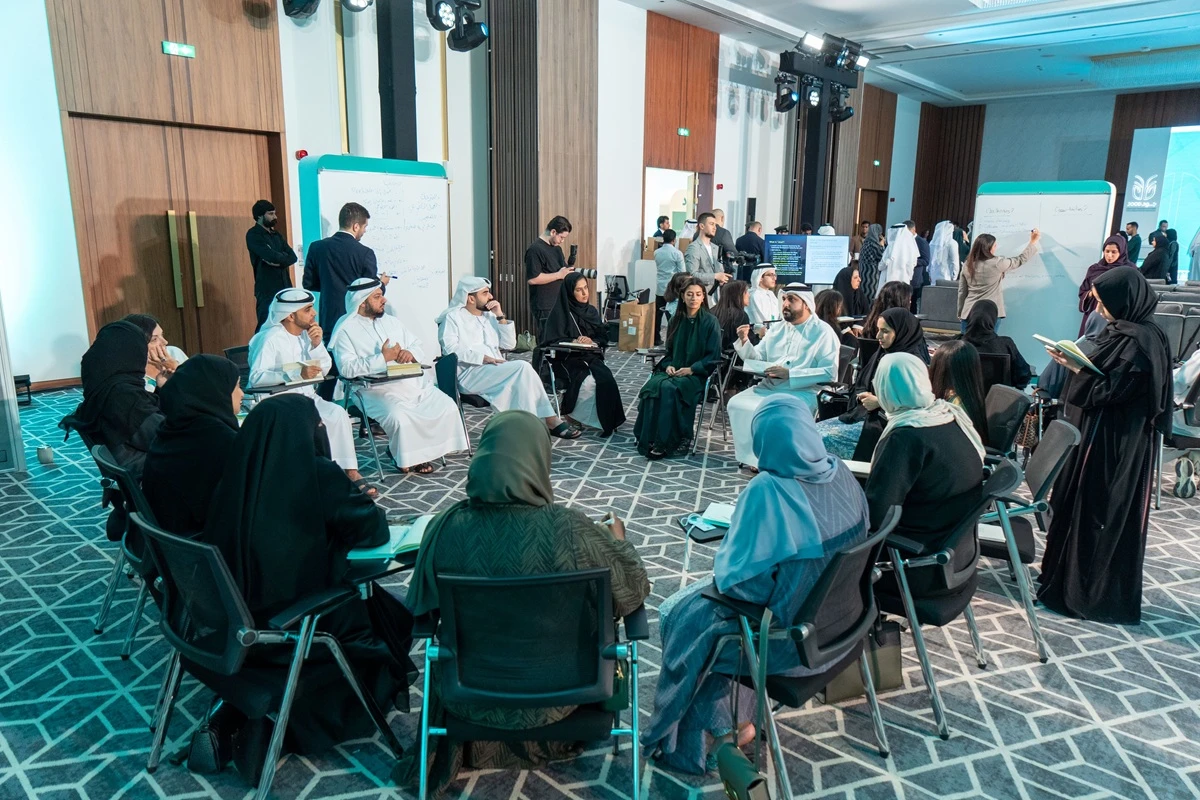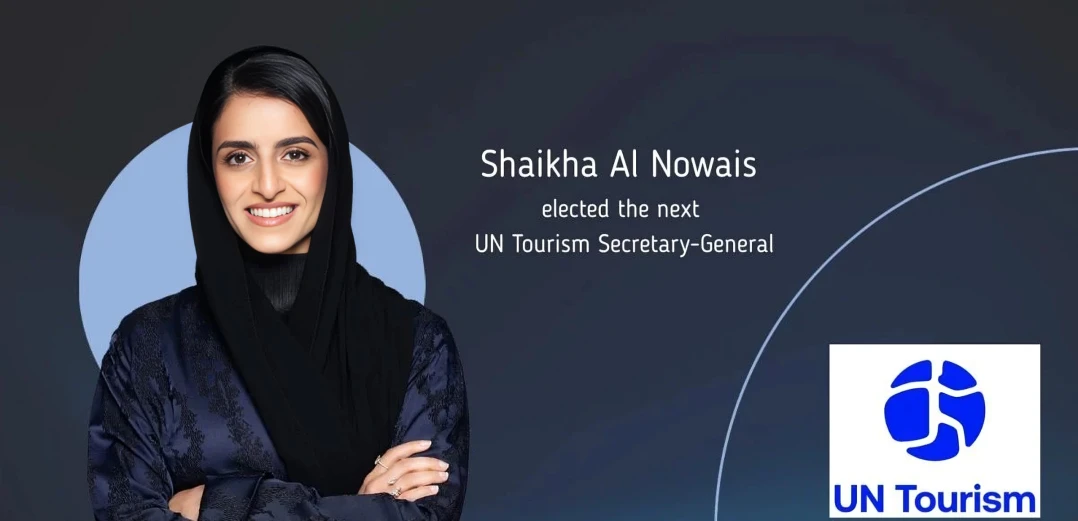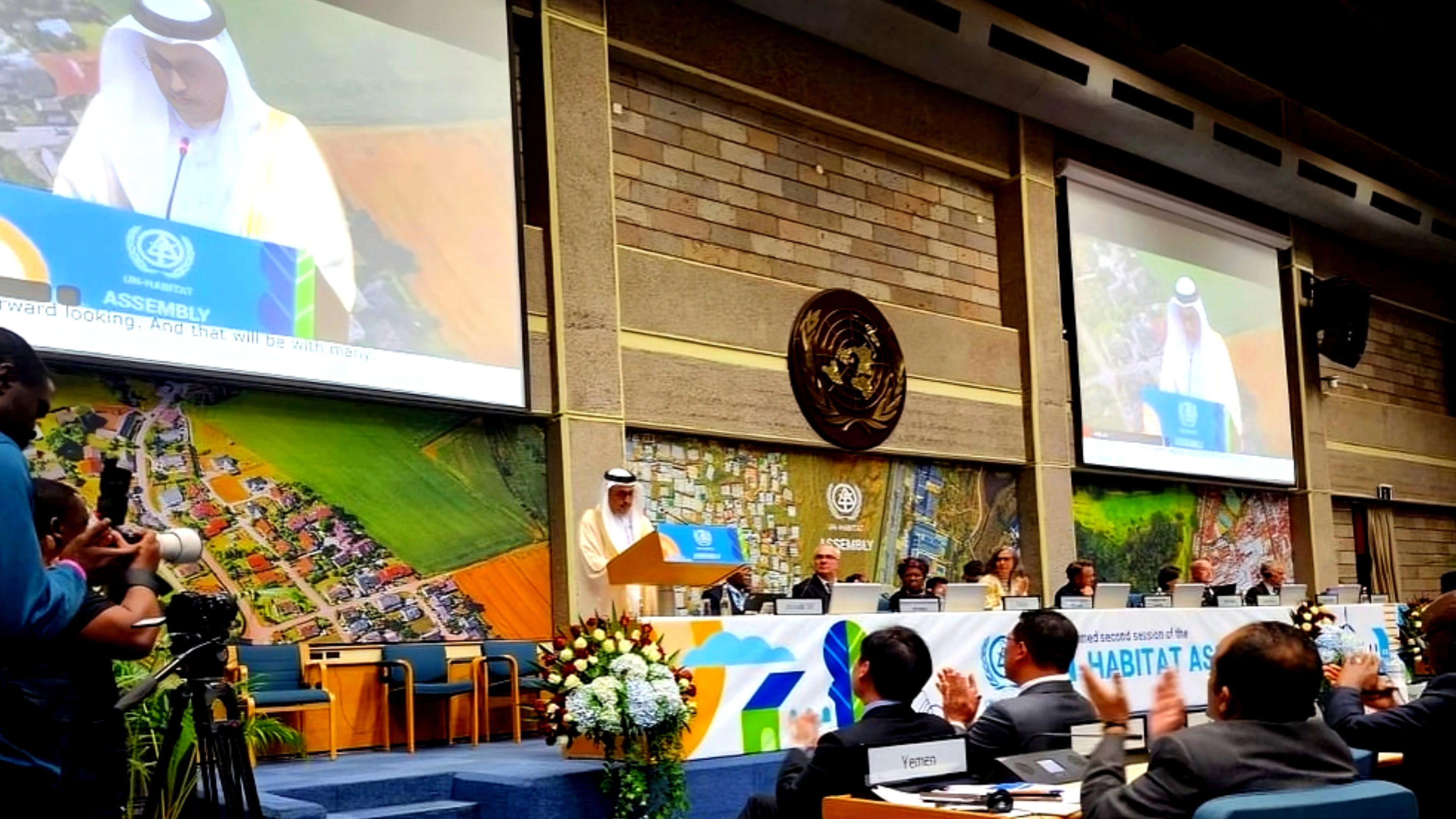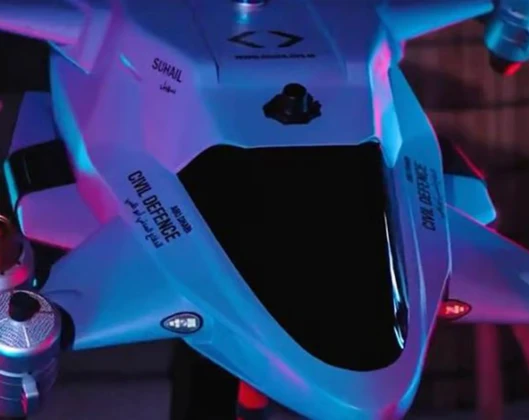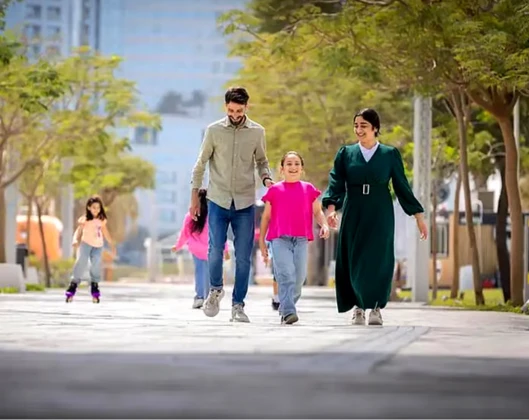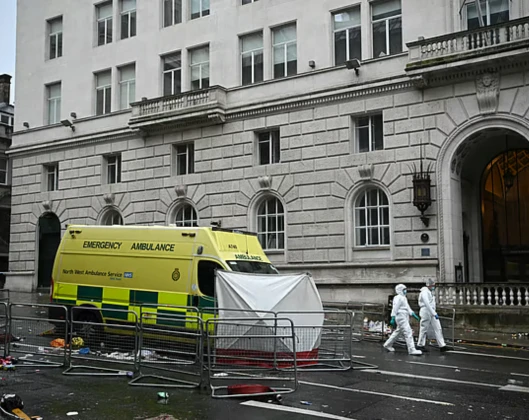As part of Dubai’s strategy to institutionalise humanitarian work and enhance the roles of both public and private sectors in serving the community, the Dubai Community Contributions Establishment (JOOD) organised the ‘JOOD Retreat’, reported Emirates News Agency (WAM).
The retreat brought together representatives from government and private entities, along with experts and community partners, with the aim of developing a comprehensive future roadmap for community contributions in Dubai.
Aligned with the objectives of the Dubai Social Agenda 33 and the spirit of the UAE’s Year of Community, the event reflects Jood’s role as a unified platform dedicated to organising and channelling all forms of community contributions, while ensuring lasting impact based on clear and transparent indicators.
Future-ready model
Hessa bint Essa Buhumaid, Director-General of Community Development Authority, Chairman of the Board of Trustees of Dubai Community Contribution Foundation said that the JOOD Retreat represents a strategic move to shape a future-ready model for community contributions, reinforcing Dubai’s commitment to sustainability and a culture of giving.
“Under the directives of His Highness Sheikh Mohammed bin Rashid Al Maktoum, Vice President, Prime Minister and Ruler of Dubai, and the guidance of H.H. Sheikh Hamdan bin Mohammed bin Rashid Al Maktoum, Crown Prince of Dubai, Deputy Prime Minister, Minister of Defence, and Chairman of The Executive Council of Dubai, we are working to build a comprehensive social and humanitarian model that reflects the values and spirit of Dubai,” she noted.
She added, “This model extends beyond financial contributions to include the sharing of time, knowledge, and expertise, strengthening a deep-rooted culture of social solidarity inspired by Dubai’s unwavering belief that nothing is impossible.”
In turn, Dr. Ahmed Tahlak, General Manager at Tarahum Charity Foundation, emphasised that “we must have indicators and criteria that measure our effectiveness in society, whether social or economic”, stressing that “all people in need can be empowered to play an active role in society”.
Sunny Varkey, Chairman and Founder of GEMS Education and Chairman and Founder of the Varkey Foundation, pointed out that “the true measure of success is not only what you achieve, but what you contribute.” He praised the Government of the UAE and Dubai for their commitment, and expressed appreciation for the contributions of everyone present at the retreat. “Together, let us continue to make a difference for our families, for our children, and for the world,” he added.
The retreat saw a moving speech delivered by the presenter of the ‘Qalby Etma’an’ programme Ghaith, who highlighted the importance of institutional humanitarian work and its lasting impact on the lives of individuals and communities, emphasising the “necessity of concerted efforts among various sectors to achieve sustainable goals in line with the values of giving and solidarity.”
Ahmed Darwish Al-Muhairi, Director-General of the Islamic Affairs and Charitable Activities Department, Vice Chairman of the Board of Trustees of Dubai Community Contribution Foundation, emphasised the importance of the JOOD Retreat as one of a series of initiatives that support the implementation of the Dubai Social Agenda 33. He noted that the retreat aims to empower the community-giving ecosystem through innovative tools and expanded public-private partnerships, contributing to sustainable development and strengthening Dubai’s global leadership in humanitarian work.
He also highlighted the key outcomes and achievements of the retreat, including the adoption of practical ideas that will serve as a strategic entry point for shaping the platform’s next phase of implementation. A clear roadmap was also developed to redefine JOOD’s role within Dubai’s integrated social framework.
“Among the most notable results were the establishment of a unified framework for aligning the social responsibility agendas of government, semi-government, and private sector entities to ensure complementarity of roles and coordination of efforts in line with local, national, and global priorities. A comprehensive strategy was also approved for managing diverse community resources, enabling more effective and sustainable allocation of both financial and non-financial contributions, while expanding community participation to include time, expertise, and knowledge,” he stated.
The retreat’s agenda included a series of thematic dialogue sessions and workshops across four main pillars. The first, titled ‘Sustainability of Well-being’, focused on transforming the concept of giving into a sustainable system that ensures long-term societal well-being.
More flexible, innovative approaches
Within the second pillar titled ‘Engage and Co-create’, participants explored how to move beyond traditional models of collaboration towards more flexible and innovative approaches capable of achieving cross-sector integration and promoting a culture of co-design.
Discussions under the third pillar, ‘Enrichment and Impact’, addressed the importance of aligning JOOD’s initiatives with local, national, and global frameworks. Participants stressed the need to build a unified structure for measuring community impact in a scientific and effective manner, while also supporting the UAE’s broader commitments to the United Nations’ Sustainable Development Goals.
The retreat concluded with the fourth pillar, titled ‘Adapt to Lead’, which highlighted the importance of adopting cutting-edge smart technologies in the operations of community platforms, particularly artificial intelligence and digital solutions, as essential enablers of stakeholder trust and delivery of meaningful, high-impact user experiences.
Cross-sector collaboration
The retreat outlined a preliminary vision for cross-sector collaboration to enhance institutional integration, activate strategic partnerships, and boost meaningful contributions. It also emphasised regular impact measurement to reinforce Jood’s role as a leading platform for giving and to attract pioneering initiatives with lasting impact.
These outcomes reflect Dubai’s inclusive and future-focused approach to humanitarian work, achieved through the active participation of leaders, experts, and practitioners, supporting the emirate’s vision to establish a global model for community development that elevates quality of life and advances the Sustainable Development Goals.
The agenda also included a series of workshops in addition to the ‘Narrate to Inspire’ segment, where participants shared inspiring, real-life stories of community giving.

